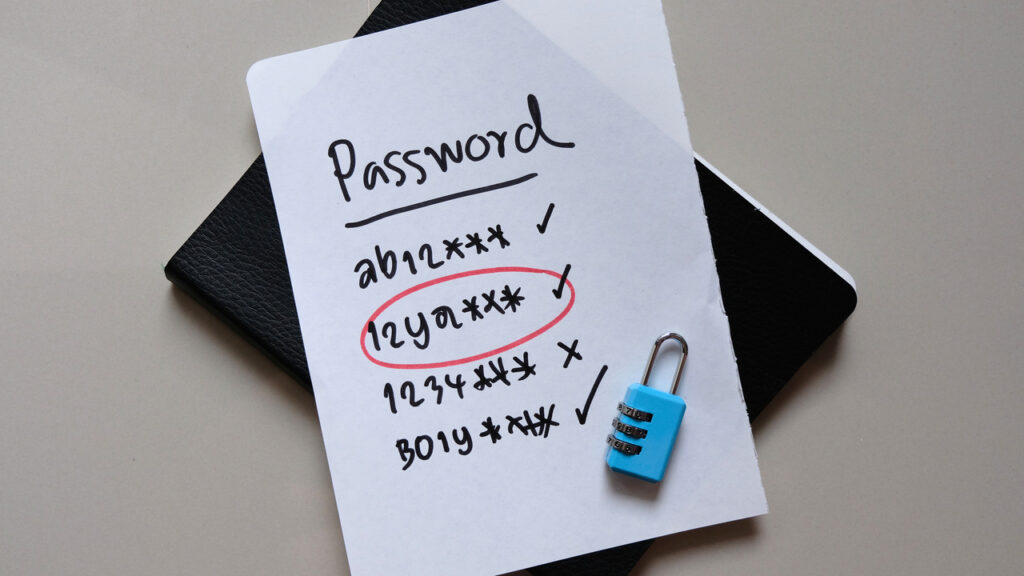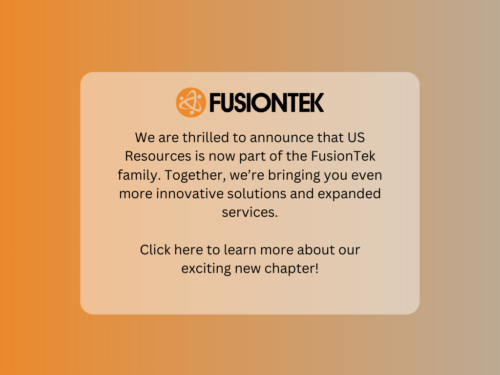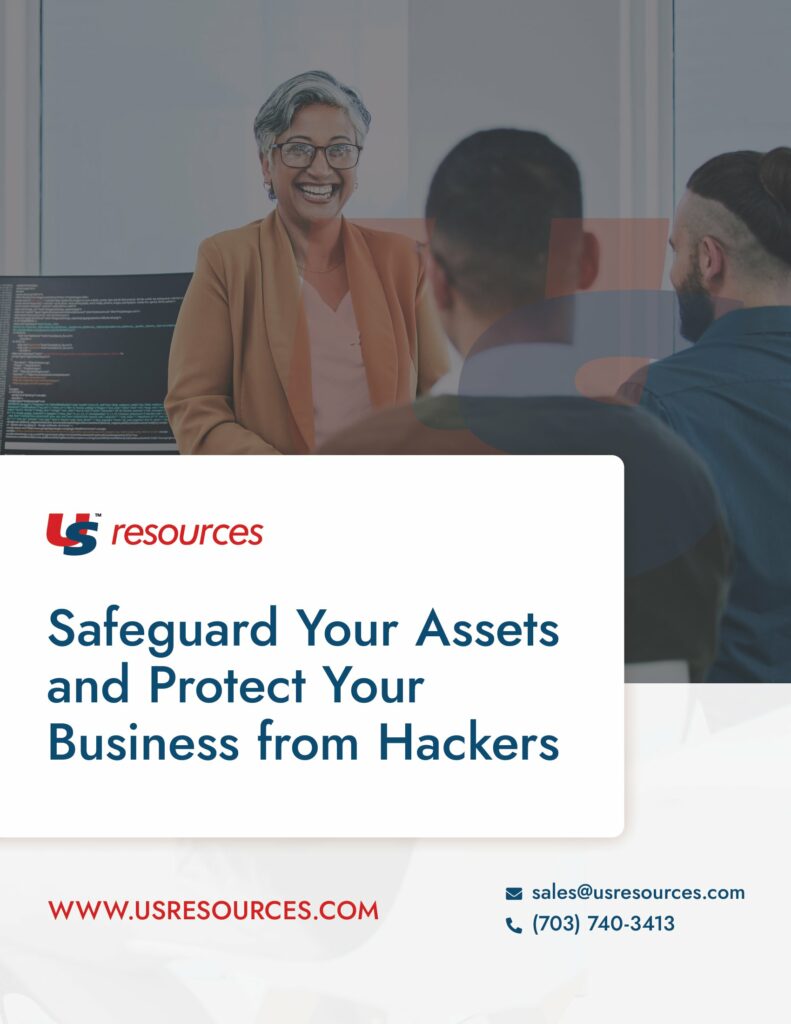Cyberattacks are more advanced than ever before. Whether it’s ransomware targeting small businesses or hackers breaching personal emails, we live in an era where cybersecurity is no longer optional—it’s critical. But it doesn’t always have to be complicated. At the heart of cybersecurity lies one simple concept that can massively reduce your risk of being hacked: strong passwords.
Studies show that over 80% of data breaches are linked to weak or stolen passwords. This means your password isn’t just a minor detail—it’s your frontline defense. Unfortunately, a shockingly large number of internet users fall into predictable patterns that expose them to unnecessary risks.
This guide will break down what makes a strong password, common mistakes to avoid, and additional tips to secure your online accounts.
What Makes a Strong Password?
Creating a truly secure password requires more than just adding a number to the end of your pet’s name. Let’s look at some qualities that strong passwords should have to ensure maximum protection against hackers:
1. Length Matters
The longer your password, the harder it is for attackers to crack. A minimum of 12 characters is recommended, but 16+ characters offer even greater security. The extra length exponentially increases the number of possible combinations, making brute-force attacks almost impossible.
2. Complexity is Key
A genuinely strong password contains a mix of:
- Uppercase and lowercase letters
- Numbers
- Symbols or special characters (such as $, %, or #)
For example, “T!pT0p$eCur3#” is far harder to hack than “TipTop123.”
3. Avoid Predictability
Hackers often rely on common patterns to guess your password. Avoid using easily guessed elements like:
- Names of loved ones
- Birthdates (e.g., John1988)
- Keyboard patterns (e.g., “qwerty” or “123456”)
The best passwords are seemingly random combinations of characters.
4. Use Nonsensical Phrases
While random character strings may look intimidating, you don’t have to memorize chaos. Instead, use a mix of unrelated words to create a passphrase. For example, “PurpleRocket$@Sunshine” is secure, memorable, and much harder to crack than “Password123.”
Common Password Mistakes to Avoid
While many users know they need strong passwords, common habits can still leave accounts vulnerable. Are you guilty of any of these?
- Reusing passwords across multiple accounts: A breach on one platform becomes a risk for all your logins.
- Using predictable phrases or sequences: Avoid passwords like “password123,” “abc123,” or “welcome1.”
- Failing to regularly update passwords: Ideally, passwords should change every six months for high-risk accounts like banking or email.
- Writing passwords down or storing them insecurely: Leaving passwords on sticky notes or unsecured documents defeats their security purpose.
If reading this list leaves you feeling called out, consider updating your passwords ASAP.
What Else Can You Do to Secure Your Accounts?
Creating strong passwords is a significant step toward better cybersecurity, but you don’t have to stop there. These additional measures work alongside your passwords for even greater protection:
1. Use a Password Manager
A password manager stores and encrypts all your various passwords, ensuring you only need to remember one master password. Many tools, such as LastPass or Dashlane, can even generate strong passwords for you.
2. Enable Multi-Factor Authentication (MFA)
MFA adds an extra layer of security; even if hackers obtain your password, they won’t be able to access your account without secondary verification. This could be a text message, email, or biometric scan.
3. Regularly Monitor Account Activity
Keep an eye on your login history and account usage. Many platforms will alert you of strange activities—don’t ignore these, and act quickly to secure compromised accounts.
4. Partner with Experts
If you’re a business or organization, consider working with Managed Security Service Providers (MSSPs) like US Resources to handle your cybersecurity needs. They’ll ensure your systems are protected with up-to-date features and best practices.
Protect Your Business with US Resources
Strong passwords are a must when it comes to online safety. By creating longer, more complex, and unpredictable passwords, you’re taking the first crucial step in protecting your digital presence from today’s evolving cyber threats.
For businesses looking to stay ahead of hackers, US Resources offers full-service managed security solutions. From employee training to advanced threat monitoring, our team provides the tools and expertise to keep your business safe. Contact US Resources today for a consultation and take proactive steps toward safeguarding your data.


